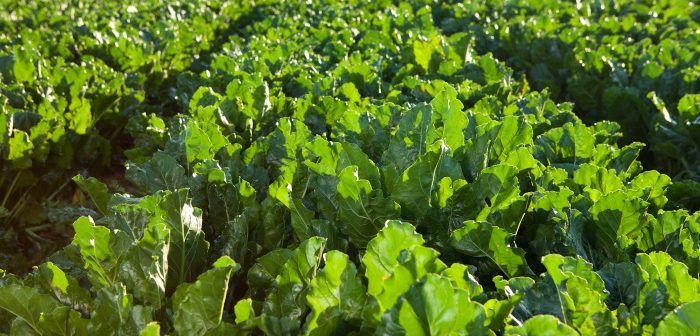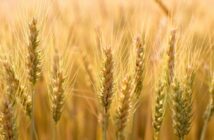These are BTS1915 from Limagrain UK Ltd, Evalotta KWS, Catriona KWS, Eldorana KWS, Sancha KWS and Smart Rivetta KWS from KWS UK Ltd and Lacewing from SESVanderHave UK Ltd.
These demonstrate the improvements that breeders are making to the crop. BTS1915 was the highest yielding of all varieties on the list; Lacewing is a new BCN variety; Smart Rivetta KWS is the second ALS herbicide tolerant variety to join the list whilst Evalotta KWS, Catriona KWS, Eldorana KWS and Sancha KWS produced no bolters in three years of normal sown RL trials.
“No season is easy but harvesting in the very wet autumn of 2019 was particularly difficult and all credit must go to the harvesting team and trial operators for getting sufficient trials harvested and analysed to allow this RL to be completed. It was good to see that the control varieties achieved a mean yield of 118 adjusted tonnes per hectare (it was 112 last year) with new varieties offering up to a greater than 8% yield increase above the controls,” commented Mike May, Chairman of the RL Board. “In addition it is also good to see that the herbicides are now in place so that growers will be able to grow ALS herbicide tolerant varieties. Whilst these herbicide tolerant varieties yielded less than the controls, the RL trials are treated with conventional herbicides and it is expected that the ALS tolerant ones will produce higher yields when used with the Smart®Conviso herbicides. The breeder will have more information on how best to use these varieties in practice.”
The 2021 list shows how successful breeders have been with 10 out of the 22 varieties on the list recording no bolters in the 20 RL yield trials, which were sown from mid March onwards, and make up the database used for the 2021 RL.
In the 2021 RL table the average plant population harvested was 103,100/ha and average sugar content 17.8%. The numbers of early-sown bolters are from trials sown between mid February up to the first nine days of March. Growers should use these latter figures for guidance if sowing early, or if very cold or other stressful conditions are expected. Those varieties indicated by a X in the tables are not recommended for sowing before the 15th March but present a much lower risk for normal sowing.
“Before ordering any of the special varieties bred for BCN, AYPR or ALS herbicide tolerance, growers should discuss options with the BBRO and breeders who will have more information on their performance and use in the presence of the specific problem,” advises Mike.
The RL/DL table can be found on the BBRO website (bbro.co.uk) along with the supplementary tables showing the three-year data for the varieties, plus seed provenance, vernalisation experienced in the early-sown bolter trials over the last three years and juice impurities. (These tables, as well as the information in this release, are embargoed until the 20th March, this is earlier than previous but the aim is to help growers who are able to test the new varieties to get up-to-date information about them.)
More details and copies of the tables can be obtained from the Chairman, Mike May or the individual breeders (contact details below).
The sugar beet RL and DL
This is a joint venture between BBRO and BSPB and is governed by a Board with equal representation. Thirteen yield trials are sown each year with the best trials harvested and the results used to determine the RL. Early-sown bolters and disease susceptibility are determined in separate trials that are not taken to yield. The DL is for varieties with special traits where more than just RL trials data is required. For 2020 the DL is for enhanced rhizomania resistant (AYPR) and ALS herbicide tolerant varieties.
The 2021 RL dataset also includes disease infection and yields from trials that were not treated with foliar fungicides. This data shows that in these 2018 and 2019 trials the disease pressure was not high enough to affect the general ranking of the varieties.




